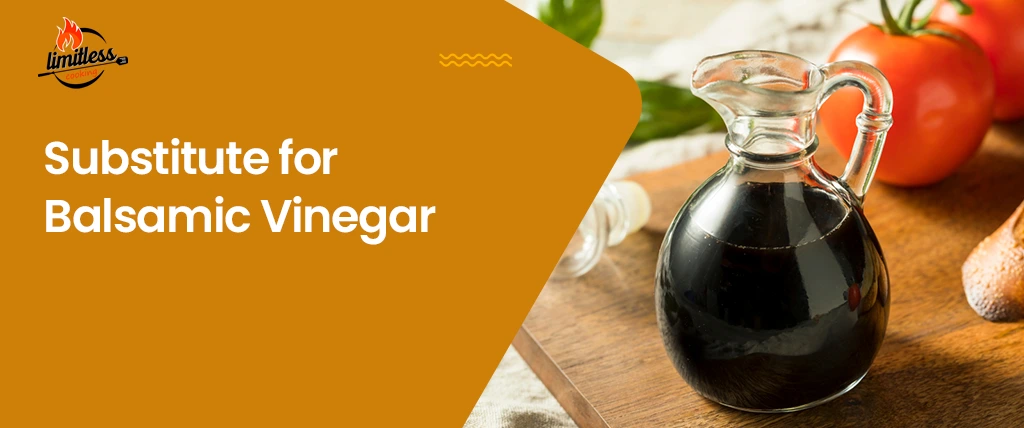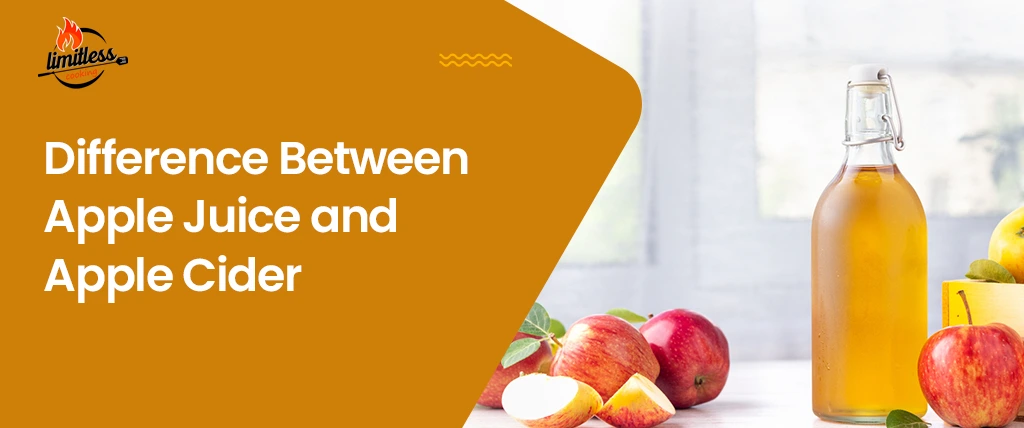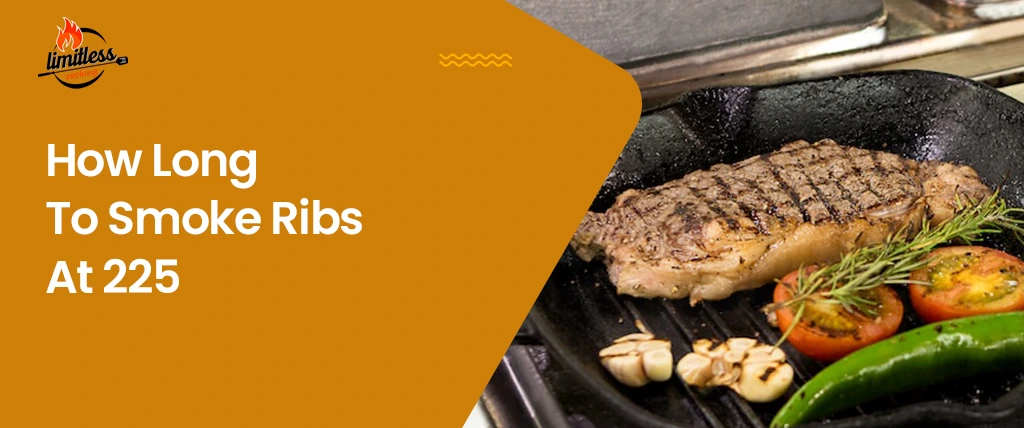Is There Any Substitute for Balsamic Vinegar? Find the 11 Best Ones

Balsamic vinegar is made by fermenting grape juice to create a dark, rich vinegar. It has a very sweet, acidic, and umami flavor making it an exceptional condiment and sauce that can complement a wide range of dishes.
During a cooking session, you may run out of an ingredient, and it’s not uncommon. So today, I shall teach you what to do when you don’t have balsamic vinegar on hand, how to substitute it, and some recipes for substitutes.
But to better understand which substitute is a proper substitute for your dish, you must first understand what balsamic vinegar is and its taste. So let us begin.
What is Balsamic Vinegar?
Balsamic vinegar is a unique ingredient as it is very complex. It has a flavor profile that matches its deep dark color. You will taste sweet and fruity notes and acidic and vinegary notes. Balsamic vinegar is slightly thick and dense, unlike other vinegar sauces or condiments. Also, since it is a fermented product, you will often get a taste of the barrel(s) in which it was aged. Often smoky and woody notes can be picked up from balsamic vinegar.
So it is usually tough to make a substitute for this truly unique ingredient. But based on what you are cooking, you can choose an alternative from below that you think will complement the flavor profile you are planning to add it to.
Best Balsamic Vinegar Substitutes and Their Recipe
1. Balsamic Vinaigrette
Balsamic vinaigrette is the best and closest substitute for balsamic vinegar. The reason behind that is it is made from balsamic vinegar, and you can use it directly. You can use balsamic vinaigrette instead of balsamic vinegar at 1:1.
2. Red Wine Vinegar-based
Arguably the second-best substitute for balsamic vinegar. Red wine vinegar can be mixed with other ingredients to replace balsamic vinegar in recipes. Red wine vinegar is similar to balsamic vinegar because they share the same main ingredient, grape juice. Moreover, its acidic nature and taste are identical to balsamic, if not more acidic and sweet.
3. Red Wine Vinegar and Grape Jelly
To make this substitute, mix three parts of red wine vinegar, 1 part grape jelly, and ½ part soy sauce.
4. Red Wine Vinegar and Honey
To make this alternative, you must mix 1 part of honey with four parts of red wine. You can then simmer this and reduce it, but that is optional.
5. Red Wine Vinegar and Maple Syrup
Simply make this alternative by mixing 1 part of maple syrup with four parts of red wine. Further reducing and simmering this will result in a thicker consistency.
6. Red Wine Vinegar and Sugar
To make this, mix five parts of red wine vinegar with one sugar and simmer it down until it has a slightly thick consistency.
Tip :
You can use brown sugar instead of regular sugar to give it more depth.
7. Soy Sauce Based
Soy sauce, combined with other ingredients, is a possible substitute for balsamic vinegar. Its deep color and flavor make this a good candidate to substitute for balsamic vinegar. But care should be taken because sodium has a higher salt content than balsamic.
8. Soy Sauce, Molasses, and Lemon Juice
Mix equal parts of soy sauce, molasses, and lemon juice to create this substitute. You can replace two parts of this mixture to replace three parts of balsamic vinegar.
9. Worcestershire Sauce
Let’s be honest, it’s a tough name to pronounce, but that’s the only negative thing about Worcestershire sauce. It is one of the tastiest and most popular choices for sauces and condiments all over the world, and for its wide range of uses, it too can be used to substitute for balsamic vinegar.
To use Worcestershire sauce as a substitute for balsamic vinegar, simply replace it at a 1:1 ratio.
10. Vinegar Based
White vinegar isn’t a proper substitute for balsamic vinegar; you can use it if you have nothing else in your pantry.
11. Vinegar and Sugar
Simply mix four parts of vinegar and 1 part of sugar to make this substitute. You can simmer it to thicken the consistency. Brown sugar can also be used here.
Tip :
You can use apple cider vinegar here instead of regular vinegar or even use both if you feel like experimenting. These ingredients are somewhat interchangeable. So use whichever ingredient is at your disposal.
Why Use a Substitute for Balsamic Vinegar?
There are many reasons why you may want to use a substitute for balsamic vinegar.
The most common reasons are:
- You ran out of balsamic vinegar. This is the most common reason.
- Limited availability of balsamic vinegar.
- Original balsamic vinegar is rare, so commercially made balsamic vinegar is often added with artificial flavors and colorings to mimic it, which is a probable reason you might want to use a substitute.
- You are following a keto diet. Balsamic vinegar has a lot of sugar and carbs, so it is not so keto-friendly.
Tip :
Any of these substitutes cannot replace Balsamic Reduction or Balsamic Vinaigrette. You must use the real thing.
Oh, wait! Are you running out of chili powder too? Here are the chili powder substitutes. Don’t forget to thank me in your mind.
You may also like: Substitute for Almond Flour
What Are the Uses of Balsamic Vinegar?
Balsamic vinegar can be used in various ways. Some of the most common and, yes, tasty as heck uses of balsamic vinegar are:
1. Dressing Salads
Balsamic vinegar is a fantastic dressing for salads. My personal favorite is using balsamic vinegar to dress fresh veggies, tomatoes, and feta cheese!
2. Marinade
Balsamic vinegar can make awesome marinades for meats, fish, and even veggies. You can also substitute any recipe that requires Worcestershire sauce with Balsamic vinegar.
3. Finishing Touch
Balsamic vinegar is used as a finishing sauce in a lot of dishes. It not only adds flavor and depth but also looks aesthetically pleasing.
4. Sandwiches and Bread
Bread and sandwiches pair well with balsamic vinegar because it complements many things we have with bread, like prosciutto, cheese, veggies, etc.
5. Grilling and BBQ
Adding a dash of balsamic vinegar to anything intended for grilling will enhance its flavor and taste.
6. Roasting Veggies
If you are a person who hates eating vegetables, try using balsamic vinegar to roast them. They will surely taste a lot better. You have my promise.
7. Stewed or Braised Meat
Balsamic vinegar amplifies the taste of any slow-cooked meat by a huge amount. Try it for yourself and figure it out.
8. Drinks
The unique rich flavor of balsamic vinegar often compliments drinks and cocktails, for instance, Bloody Mary.
9. Dessert
TRUST ME ON THIS! But balsamic vinegar complements desserts in ways you never thought were possible. Cheesy and fruity desserts especially benefit from the addition of balsamic vinegar to them.
FAQ
What can I use if I don’t have balsamic vinegar?
Use any of the substitutes mentioned in this article.
Can I use regular vinegar instead of balsamic?
Yes, but dark or aged vinegar, like Chinese black vinegar or rice vinegar, is better.
Can You use Worcestershire sauce instead of balsamic vinegar?
Yes! Directly at a 1:1 ratio.
What is the difference between regular vinegar and balsamic vinegar?
Regular vinegar is made from acetic acid, while balsamic vinegar is made through the fermentation of grape juice.
Is balsamic vinegar similar to soy sauce?
To some extent, yes!
Can I use rice vinegar for balsamic?
Yes!
What’s the difference between balsamic vinegar and red wine vinegar?
The main difference between them is that balsamic vinegar is further fermented, whereas red wine vinegar is stopped at the “wine” stage.
Is balsamic vinegar keto-friendly?
No, sadly, since it has high sugar content.
How to make balsamic vinegar at home?
Authentic balsamic vinegar takes 12 to 25 years to mature and develop, so it is not worth it to make it at home. However, you can try to make substitutes for it.
To Conclude
I hope these alternatives and substitutes help you in your time of need. But one thing is for sure; nothing can beat the original balsamic vinegar. It is a wonderfully rich ingredient that can enrich and enhance most food’s color, flavor, smell, and taste. If you have any recipes with balsamic vinegar recipes, then don’t forget to share them with me!






